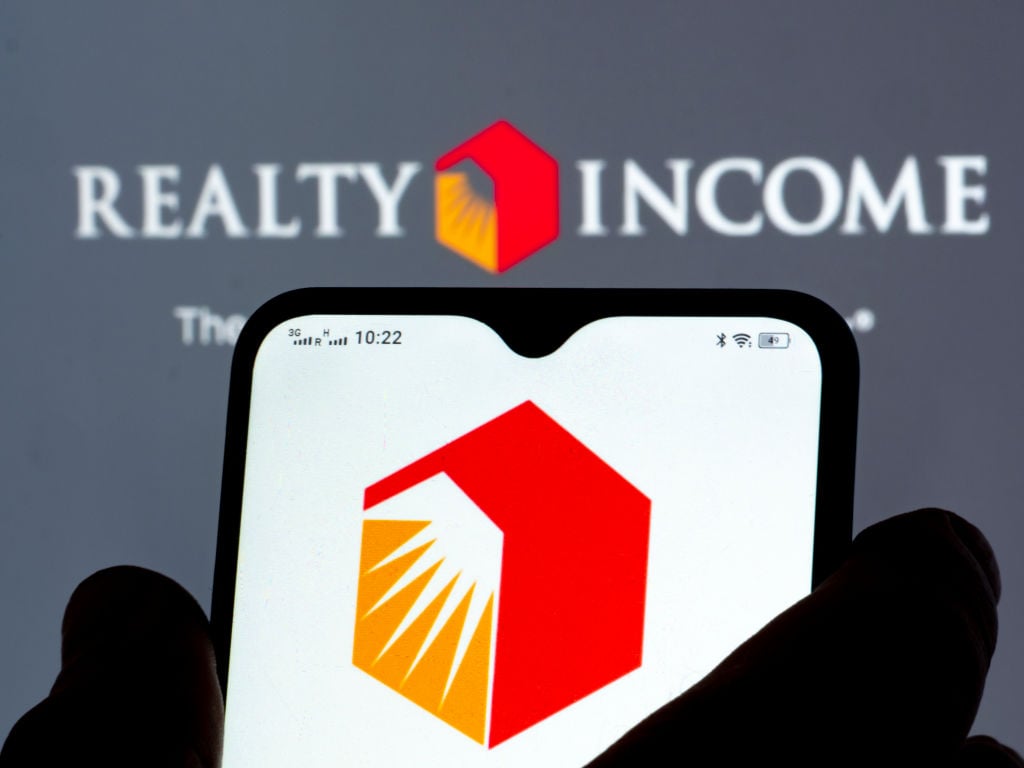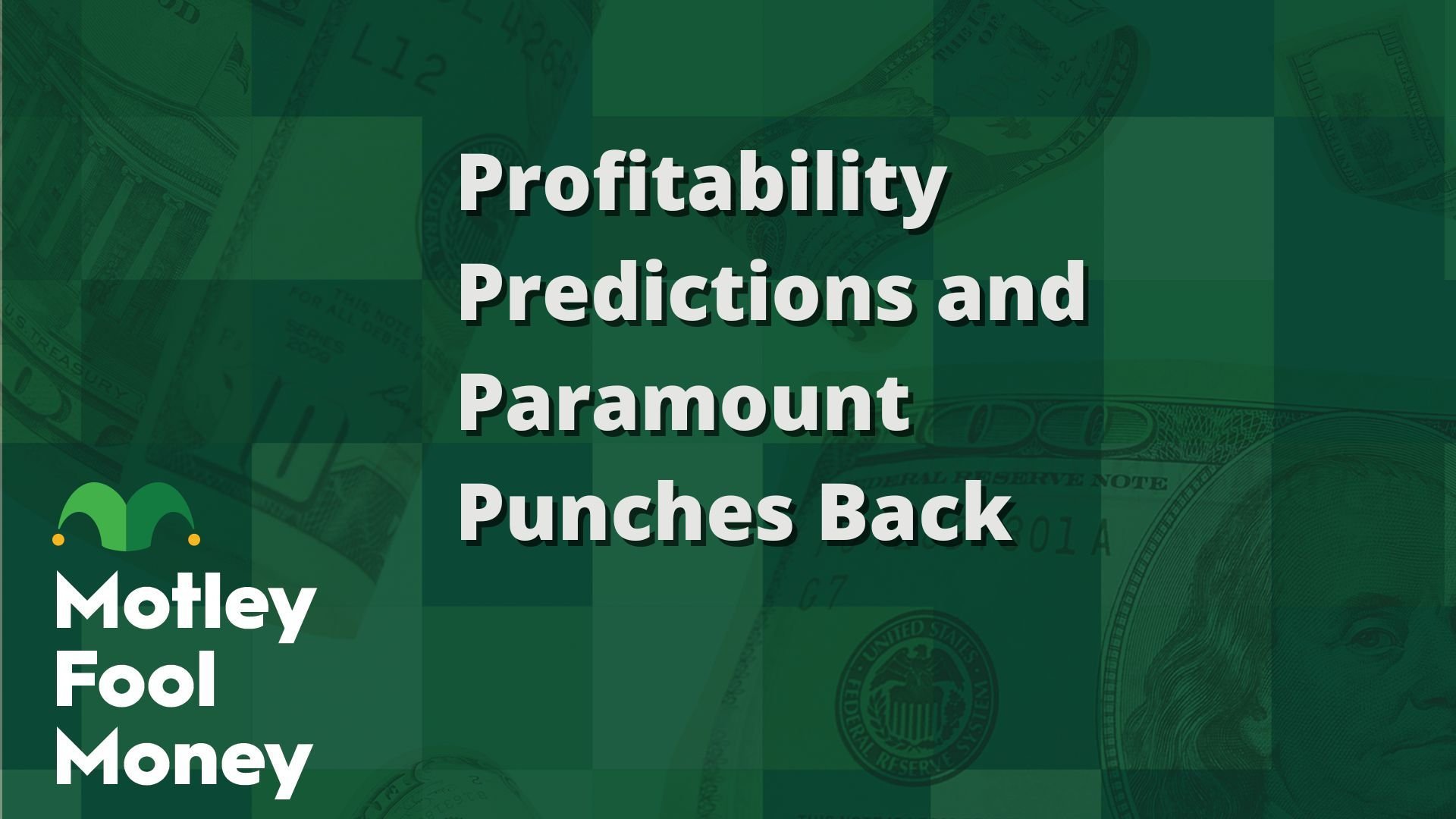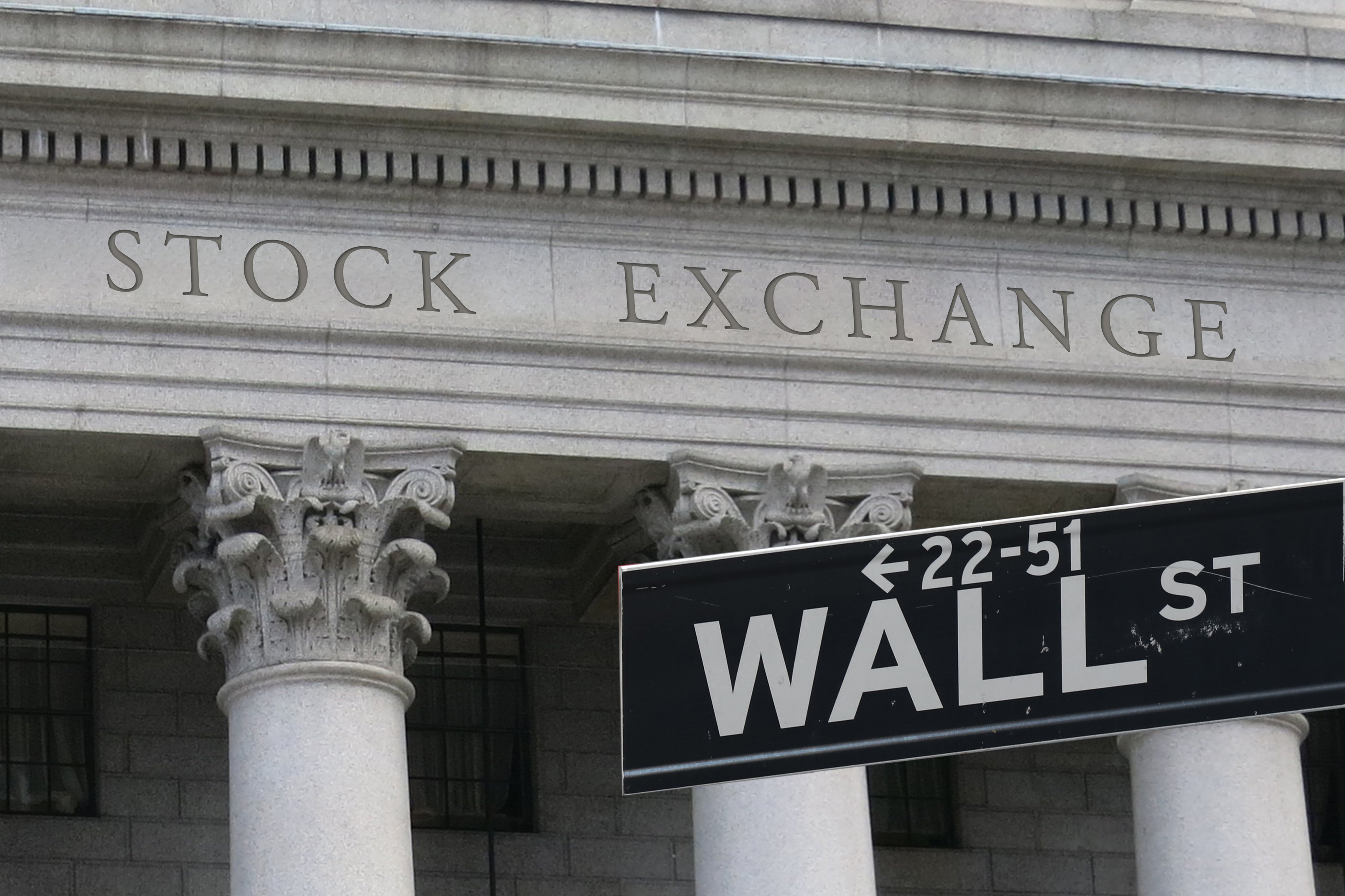Last year, cryptocurrencies took Wall Street by storm. Despite the stock market dazzling in 2017 with returns that handily outpaced its historic 7% return rate, inclusive of dividend reinvestment and when adjusted for inflation, the aggregate cryptocurrency market cap rose by more than 3,300%! We're talking about a lifetime's worth of returns crammed into what could arguably be described as the single-greatest year on record for any asset class.
At the heart of this rally has been the emergence of blockchain technology. For those unfamiliar, blockchain is the digital, distributed, and decentralized ledger that underlies virtual tokens and is responsible for recording transactions without the need for a financial intermediary, such as a bank. In plainer terms, it's a brand-new way to transmit money, and a unique way to log data in an unchanging manner. It has applications in the financial services industry, as well as in non-currency settings, such as a real-time monitor of supply chains.

Image source: Getty Images.
Which cryptocurrencies have the fastest average transaction speeds?
In many ways, blockchain is hailed as a game-changer -- and it's the big reason we're even talking about cryptocurrencies today. But a blockchain network is only as good as its ability to process, validate, and settle transactions efficiently. After all, if blockchain is to replace existing banking networks, it'll have to offer security and expediency advantages over those existing networks.
Of course, figuring out which cryptocurrencies are the most efficient with transactions isn't always easy. For that, I'll turn to recently published data from Mark Schwartz at ABitGreedy.com, who recently reviewed the average transaction-processing speeds of 26 popular cryptocurrencies. Today, we'll take a look at how those average transaction speeds compare among the 15 largest cryptocurrencies by market cap, according to CoinMarketCap.com.
| Market Cap Rank | Cryptocurrency | Average Transaction Speed |
|---|---|---|
| 1 | Bitcoin | 78 minutes |
| 2 | Ethereum | 6 minutes |
| 3 | Ripple | 4 seconds |
| 4 | Bitcoin Cash | 60 minutes |
| 5 | EOS | 1.5 seconds |
| 6 | Litecoin | 30 minutes |
| 7 | Cardano | 5 minutes |
| 8 | Stellar | 5 seconds |
| 9 | TRON | 5 minutes |
| 10 | IOTA | 3 minutes |
| 11 | NEO | 15 seconds |
| 12 | Monero | 30 minutes |
| 13 | Dash | 15 minutes |
| 14 | NEM | 30 seconds |
| 15 | VeChain Thor | 6 minutes |
Data source: ABitGreedy.com, CoinMarketCap.com. Tether, which would have ranked 15th, was excluded. Data accurate as of May 20, 2018. Table by author.
Before we dive in, keep in mind that network conditions can affect processing speeds. Thus, the data you see above may vary a bit.
Medium-of-exchange coins are relatively slow
Probably the most noteworthy aspect of this data is that the kingpin of all digital currencies, bitcoin, has the slowest average processing time of the bunch. This is because bitcoin has an average block time of 10 minutes -- a block describes a group of transactions that's been validated by cryptocurrency miners -- and needs six separate verifications for a transaction to be validated as accurate and settled.
Being the most popular digital coin in the world, bitcoin's network might also be suffering from its inherent popularity. Upgrading to the Lightning Network is expected to dramatically improve processing speeds for bitcoin, but one has to wonder whether years of slow performance might have investors and medium-of-exchange users itching to trade out of bitcoin and into something different.
Meanwhile bitcoin's greatest competitor on the medium-of-exchange front, Litecoin, fares a little better with an average processing time of 30 minutes. Litecoin's average block time of 2 and 1/2 minutes is just a quarter of bitcoin's, which allows for quicker transaction processing and, in theory, better network capacity.
It's also worth noting that privacy coins Monero and Dash don't fare much better in average transaction speeds. While Monero and Dash aim to go the extra mile to make transactions anonymous and conceal the amount of funds being sent from one party to another, these additional steps add time to the validation and settlement process.

A physical representation of Ripple's XRP coin. Image source: Getty Images.
Niche coins are considerably faster
On the other hand, virtual tokens that focus on a particular niche tend to have substantially quicker transaction times. For example, Ripple and Stellar, which both have close ties to the financial services industry, have average processing times of just four seconds and five seconds, respectively.
Ripple, which offers blockchain services to the financial services industry, as well as on-demand liquidity solutions with its XRP token, has been lining up partnerships left and right. But unlike bitcoin, Litecoin, and other medium-of-exchange tokens, the XRP token has virtually no utility when it comes to buying goods and services. It's this focus on its blockchain network rather than XRP utility that's allowed Ripple to scale its network and keep transactions processing very quickly.
As for Stellar, its Lumens coin has been acting as an intermediary currency on IBM's blockchain network in the South Pacific in order to expedite transactions. It's also been tied to Indian banking giant ICICI Bank.
However, the fastest average transaction speed goes to EOS, which is set to launch its proprietary blockchain, capable of up to 50,000 transactions per second, next month. Considering that EOS has no transaction fees, it'll be interesting to see just how successful it is in pulling crypto investors away from Ethereum and other competing digital coins.

Image source: Getty Images.
Important points to keep in mind
While average transaction speed does provide what appears to be a useful tool to prospective cryptocurrency investors, ultimately, it tells us almost nothing about whether a digital token has long-term staying power, which is what really matters. Cryptocurrencies, unlike traditional equities, don't have traditional fundamental metrics that we can examine, making it very difficult to assign a valuation on this asset class.
Just as importantly, investors should understand that the increased utility of a coin should have no bearing on the value of a cryptocurrency. Sure, seeing a digital coin gain acceptance could cause its price to rise as emotional investors pile in. Fundamentally, though, increased utility doesn't add any value to a cryptocurrency. It doesn't mean any extra profit or revenue for developers. The real value lies in proprietary blockchain technology. Unfortunately, buying digital tokens doesn't give investors any ownership in underlying blockchain networks or projects. That's a pretty good summary of why investing in digital tokens is a risky bet.





